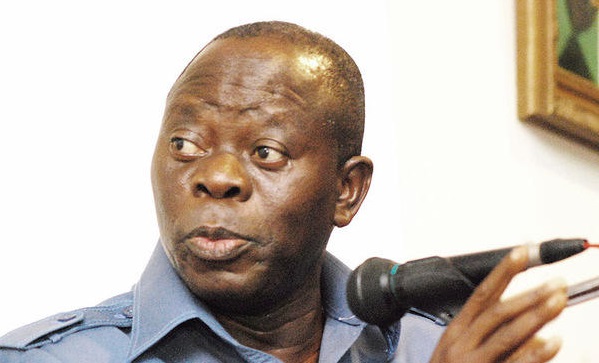The federal government says Nigerians who are stranded in Juba, capital of South Sudan, are not willing to return to home.
Abike Dabiri-Erewa, senior special assistant to the president on foreign affairs and Diaspora, said this on Thursday during an interview with NAN.
Dabiri-Erewa said the government had not neglected its citizens, revealing that plans had been made to evacuate Nigerians from the war-torn country, but that the delay was due to logistics and the non-willingness of those affected to return.
The presidential aide, who spoke through her media aide, Abdul-Rahaman Balogun, said there was no immediate threat to their security and safety.
Advertisement
“Many of them demanded they should be evacuated to the neighbouring countries like Kenya and, DRC or Central African Republic because of their investment in Juba,” she said.
She also said most of them have very good investments in Juba and they are afraid of losing them, so they do not want to be far away from their concerns even if they are evacuated.
She also dismissed the claim that 100 Nigerians living in juba were stranded.
Advertisement
One of those caught in the crisis, had told TheCable that about 100 Nigerians were at the embassy without adequate care. But Dabiri-Erewa said there was regular contact with the Nigerian mission in the country and necessary steps were being taken to ensure safety of the people.
She explained that although relative calm had returned to the country, the federal government is still ready to evacuate those willing to come back home as soon as possible.
Earlier, Clement Aduku, spokesman for the ministry of foreign affairs, said the situation in Juba was being monitored.
Fighting broke out in the world’s newest country on July 7, but the situation is improving after five days of fierce fighting between troops loyal to President Salva Kiir and First Vice-President Riek Machar.
Advertisement
The calm comes after the two leaders ordered a ceasefire and directed all commanders to lay down arms and report to their unit bases.
At least 272 people have been killed in the renewed violence that threatened to plunge the nation into war.
Add a comment






